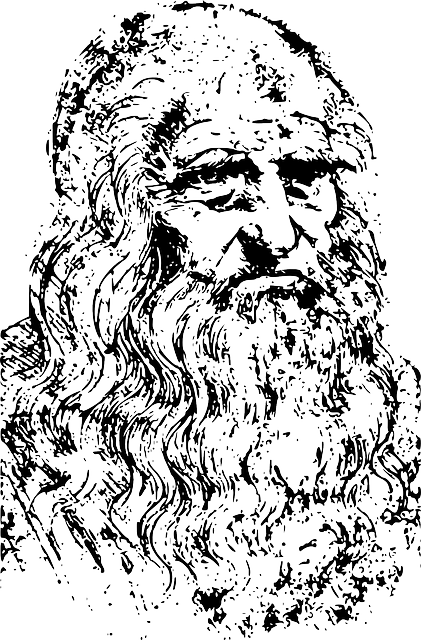On this day in 1970, with the world anxiously watching, Apollo 13, a U.S. lunar spacecraft that suffered a severe malfunction on its journey to the moon, safely returned to Earth. The Ford Mustang, a two-seat, mid-engine sports car, was officially unveiled by Henry Ford II at the World’s Fair in Flushing Meadows, New York in 1964. That same day, the new car also debuted in Ford showrooms across America and almost 22,000 Mustangs were immediately snapped up by buyers. On this day in 1790, American statesman, printer, scientist, and writer Benjamin Franklin died in Philadelphia at age 84.
Let’s see how you’ll go down in vocabulary history today.


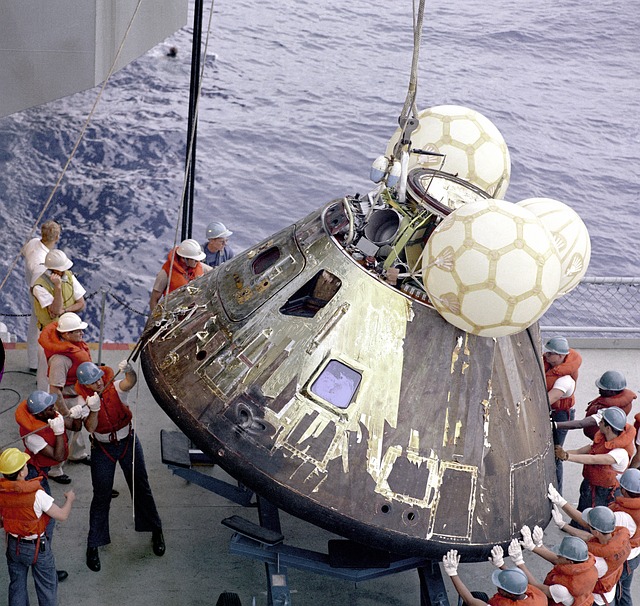

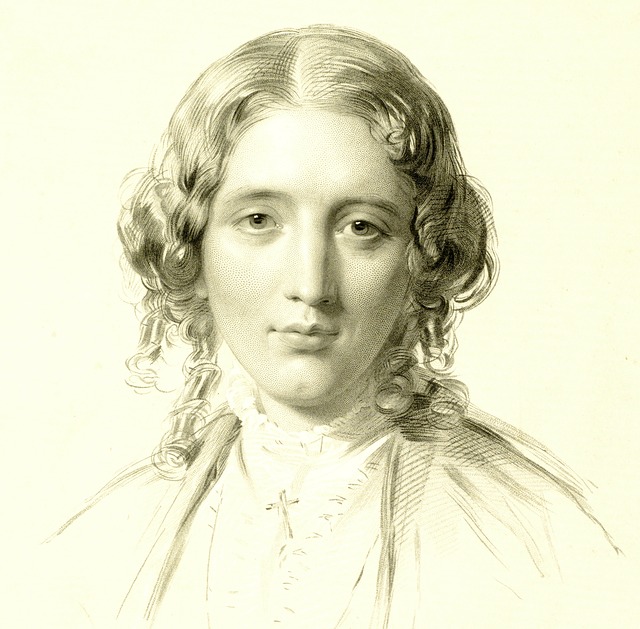
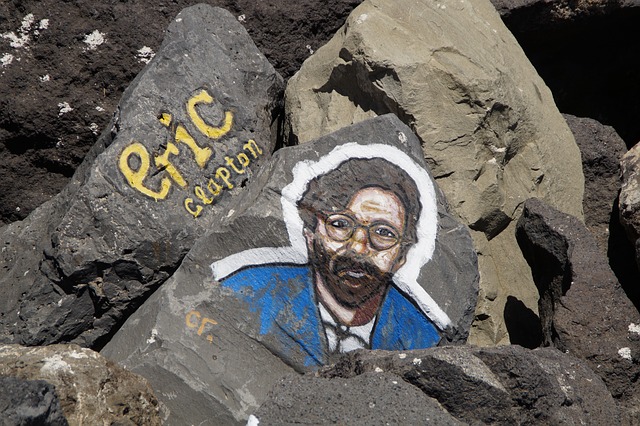
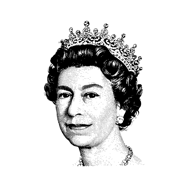 On this day in 1952, after a long illness, King George VI of Great Britain and Northern Ireland died in his sleep at the royal estate at Sandringham. Princess Elizabeth, the older of the king’s two daughters and next in line to succeed him, was in Kenya at the time of her father’s death; she was crowned Queen Elizabeth II on June 2, 1953, at age 27.
On this day in 1952, after a long illness, King George VI of Great Britain and Northern Ireland died in his sleep at the royal estate at Sandringham. Princess Elizabeth, the older of the king’s two daughters and next in line to succeed him, was in Kenya at the time of her father’s death; she was crowned Queen Elizabeth II on June 2, 1953, at age 27. On January 23, 1968, the U.S. intelligence-gathering ship Pueblo, Commander Lloyd Bucher as skipper, was seized by North Korean naval vessels and charged with spying and violating North Korean territorial waters. Negotiations to free the 83-man crew of the U.S. ship dragged on for nearly a year, damaging the credibility of and confidence in the foreign policy of President Lyndon B. Johnson’s administration.
On January 23, 1968, the U.S. intelligence-gathering ship Pueblo, Commander Lloyd Bucher as skipper, was seized by North Korean naval vessels and charged with spying and violating North Korean territorial waters. Negotiations to free the 83-man crew of the U.S. ship dragged on for nearly a year, damaging the credibility of and confidence in the foreign policy of President Lyndon B. Johnson’s administration.  On this day in 1919, the 18th Amendment to the U.S. Constitution, prohibiting the “manufacture, sale, or transportation of intoxicating liquors for beverage purposes,” was ratified and became the law of the land. The movement for the prohibition of alcohol began in the early 19th century, when Americans concerned about the adverse effects of drinking began forming temperance societies. By the late 19th century, these groups had become a powerful political force, campaigning on the state level and calling for total national abstinence. By the late teens, the ill effects of alcohol were rampant throughout America. Some say the 18th Amendment was just in time.
On this day in 1919, the 18th Amendment to the U.S. Constitution, prohibiting the “manufacture, sale, or transportation of intoxicating liquors for beverage purposes,” was ratified and became the law of the land. The movement for the prohibition of alcohol began in the early 19th century, when Americans concerned about the adverse effects of drinking began forming temperance societies. By the late 19th century, these groups had become a powerful political force, campaigning on the state level and calling for total national abstinence. By the late teens, the ill effects of alcohol were rampant throughout America. Some say the 18th Amendment was just in time. On this day in 1493, Italian explorer Christopher Columbus, sailing near the Dominican Republic, saw three “mermaids”–in reality manatees–and described them as “not half as beautiful as they are painted.” Mermaids, mythical half-female, half-fish creatures, have existed in seafaring cultures at least since the time of the ancient Greeks. Typically depicted as having a woman’s head and torso, a fishtail instead of legs and holding a mirror and comb, mermaids live in the ocean and, according to some legends, can take on a human shape and marry mortal men. The classic rags-to-riches story got a macho spin in the Oscar-winning Rocky, which was written by its star, Sylvester Stallone, and began filming on this day in 1976. In 1887, on one of the worst days of the “worst winter in the West,” nearly an inch of snow fell every hour for 16 hours, impeding the ability of already starving cattle to find food. Montana ranchers alone lost an estimated 362,000 head of cattle, more than half the territory’s herd.
On this day in 1493, Italian explorer Christopher Columbus, sailing near the Dominican Republic, saw three “mermaids”–in reality manatees–and described them as “not half as beautiful as they are painted.” Mermaids, mythical half-female, half-fish creatures, have existed in seafaring cultures at least since the time of the ancient Greeks. Typically depicted as having a woman’s head and torso, a fishtail instead of legs and holding a mirror and comb, mermaids live in the ocean and, according to some legends, can take on a human shape and marry mortal men. The classic rags-to-riches story got a macho spin in the Oscar-winning Rocky, which was written by its star, Sylvester Stallone, and began filming on this day in 1976. In 1887, on one of the worst days of the “worst winter in the West,” nearly an inch of snow fell every hour for 16 hours, impeding the ability of already starving cattle to find food. Montana ranchers alone lost an estimated 362,000 head of cattle, more than half the territory’s herd.